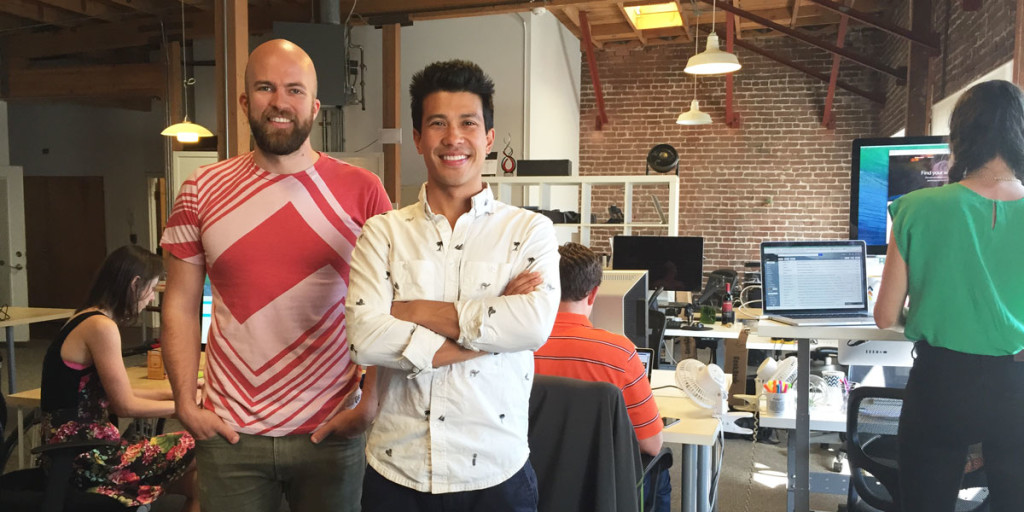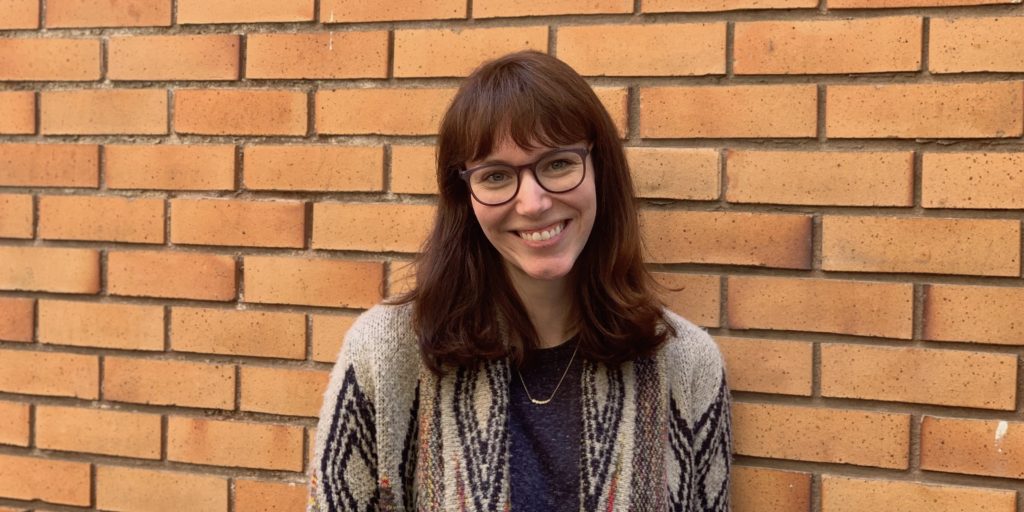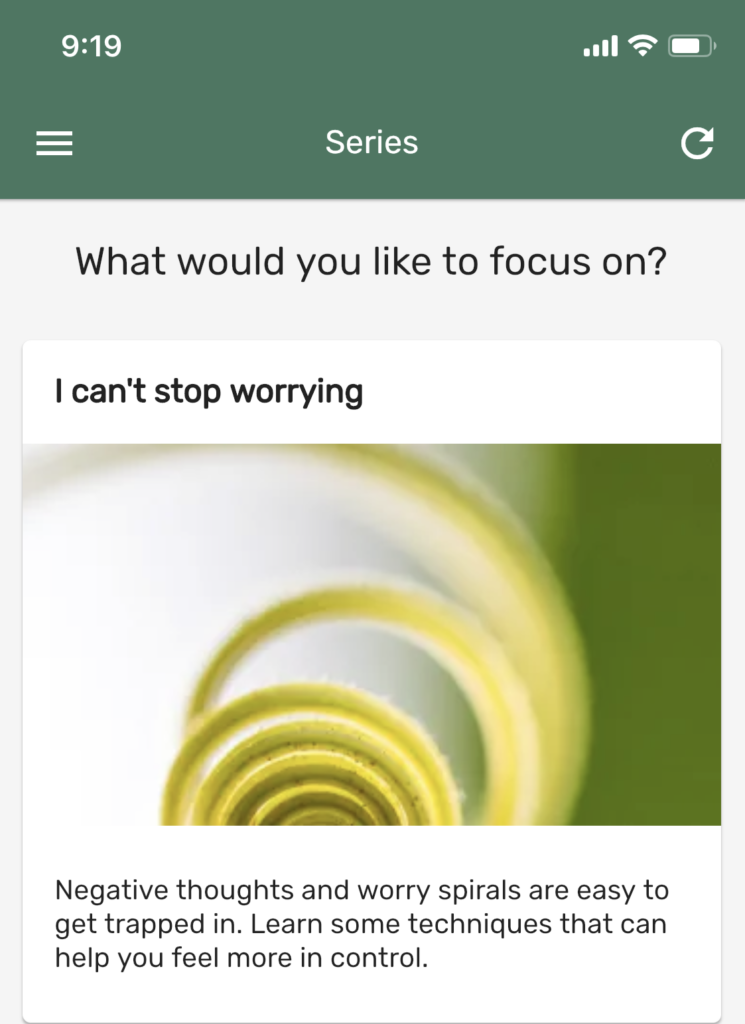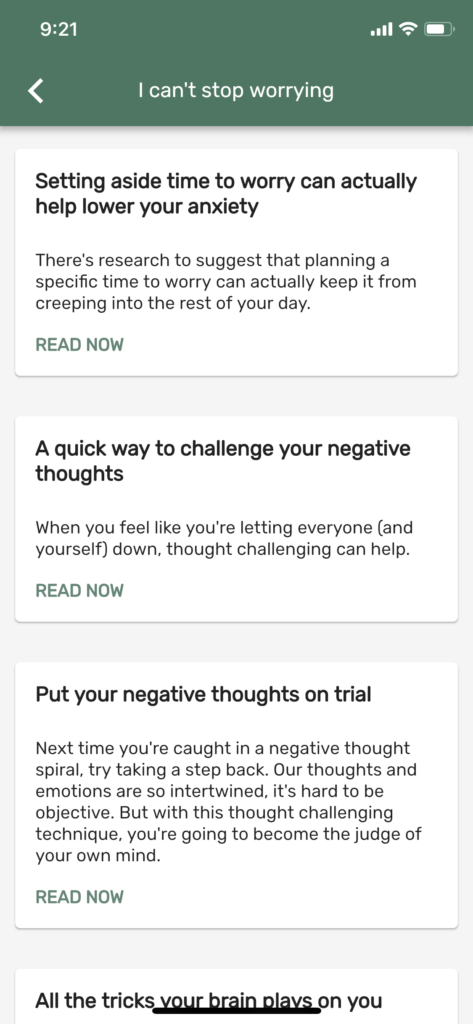Life after Lantern: All Mental Health wants to make evidence-based mental health resources accessible by all

Lantern Co-founders Nick LeTourneau and Alejandro Foung
Lantern, a digital mental health company that became part of Rock Health’s portfolio in 2013, wound down its customer operations in July 2018. The startup had raised over $20M in its lifetime, and supported individuals experiencing anxiety, depression, and disordered eating. “The biggest reason we were unable to scale our services was we didn’t focus on one market,” explains Lantern co-founder and former CEO Alejandro Foung. “We had business lines open across consumers, payers, and providers, and ultimately spread ourselves too thin and compromised our execution.” Still, Lantern did prove that digital cognitive behavioral therapy (CBT) interventions have tremendous clinical impact—and are an essential strategy in addressing the imbalance of supply and demand for high quality mental health services.
At Rock Health, we’ve been following the transition from Lantern, a for-profit digital mental health company, to the nonprofit All Mental Health, formed after Lantern closed its doors. We asked Tali Beesley, CEO and Co-founder of the nonprofit on whose board Foung sits, to share her thoughts on the mental health market post-Lantern and why she decided to found All Mental Health (AMH).
Life after Lantern with All Mental Health’s CEO and Co-founder, Tali Beesley
A group of us at Lantern–including Alejandro and my AMH co-founders–had often talked about how a segment of people were being left behind by for-profit mental health. A large portion of the population still cannot afford access to mental health support, despite the promise of digital solutions to lower costs. And as Lantern wound down, we’d also realized digital CBT is now table stakes for mental health companies. By developing a free open access platform, we hope to centralize engaging, clinically valid CBT psychoeducation in a way that can be leveraged by existing nonprofits and for-profit companies alike. Ultimately, we see ourselves as the open access platform for validated mental health education. It’s like the next iteration of Lantern–engaging and evidence-based content, but now, more widely accessible.
We want to ensure that even while attempting to generate modest amounts of revenue to sustain our mission, we never put ourselves in the position of having to choose profit over helping those in need. By operating as a nonprofit, we have the legal structure necessary to focus on our long-term societal impact to provide free resources. Given the early conversations we had in the market, we also felt that becoming a nonprofit would allow us to form deeper and more collaborative partnerships with other organizations already combating stigma and raising awareness. And it’s great to be able to share our learnings and approach. While many digital health organizations are working toward a common goal, we’ve found there’s very little collaboration or communication. We’re hoping our open access approach and transparency can help change that.

All Mental Health CEO and Co-founder, Tali Beesley
With a small team keeping our expenses to a minimum, we believe there’s potential for a sustainable business model. We can charge reasonable licensing fees for the service of embedding our content library into an existing organization’s website or app using our developer tools. We also plan to pursue collaborative grants with existing organizations.
The traditional VC startup model and culture in the Valley prioritize rapid growth and revenue. While there’s tremendous long-term value in working with employers and health systems, we want to focus on populations who may never be served by that business model. We are focusing on creating resources for populations who likely won’t have access to products that result from large VC ROI.
With traditional for-profit models, the end user always pays in some way. It could be monetary, or it could be with their personal data. Companies that aren’t charging directly are selling information to ad networks. We don’t feel comfortable with that. We want our resources to be free and we believe in respecting the privacy of everyone’s mental health information.
We think our tech expertise and experience in the for-profit space give us a unique edge. Most nonprofit organizations don’t have in-house engineering teams, so they’re forced to work with outside contractors, which slows down product iteration and flies in the face of startup best practices for building great products. We know that mobile products offer huge benefits for usability and access. And to top it off, we have experience understanding barriers to care and writing engaging content that meets people where they are. We’re excited to partner with both nonprofits and for-profits to bring validated CBT resources to their populations. We can see a world in the not-too-distant future where everyone, regardless of location or means, can access skills that empower them to feel more in control of their mental health.

